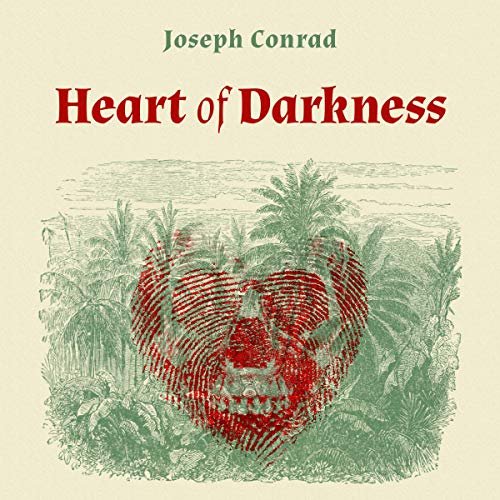Introduction
This review will critically analyze a hypothetical scholarly article titled “The Echo Chamber of Empire: Psychological Fragmentation in Conrad’s Heart of Darkness.” The article, published in the Journal of Postcolonial Literature, argues that Joseph Conrad’s novella serves as a profound psychological study, illustrating how the isolating and morally corrupting environment of colonial exploitation leads to the psychological fragmentation of its characters, particularly Kurtz and Marlow. The author’s central thesis is that the “heart of darkness” is not a physical place but a state of mind, a reflection of the psyche’s deterioration when stripped of societal and ethical constraints.
Summary of the Article’s Argument
The article’s main argument is built on two key pillars. First, it posits that the physical journey up the Congo River is a metaphor for a descent into the human unconscious. The author draws a compelling parallel between the increasingly primitive and chaotic landscape and the unraveling minds of the Europeans who venture into it. Second, the article meticulously examines the characters of Marlow and Kurtz to demonstrate this psychological fragmentation.
The author presents Kurtz as the ultimate case study. Initially a figure of enlightenment and civilization, Kurtz succumbs to his primal urges in the absence of accountability, becoming an idolized despot who embodies the hypocrisy of the “civilizing mission.” The article uses Kurtz’s final utterance, “The horror! The horror!”, as the climactic moment of self-realization, an acknowledgement of his own moral and psychological collapse.
Marlow, in contrast, is analyzed as a character who witnesses and is nearly consumed by the same darkness. The author argues that Marlow’s obsession with Kurtz is not merely curiosity but a morbid fascination with his own potential for moral decay. Marlow’s psychological journey, marked by his alienation from the “civilized” world upon his return, serves as a cautionary tale about the lasting psychic scars of colonial brutality.
Critical Analysis
The article’s greatest strength lies in its focused and in-depth psychological reading of the text. By treating the physical setting as a symbolic landscape of the mind, the author offers a nuanced interpretation that moves beyond a simple critique of colonialism to a deeper exploration of human nature. The close reading of Kurtz’s and Marlow’s character arcs is particularly effective, supported by ample textual evidence. The argument that the “horror” is a moment of self-awareness is well-defended and intellectually provocative.
However, the article’s singular focus on the psychological can also be seen as a weakness. It tends to sideline the political and postcolonial critiques that have dominated recent scholarship on the novella. While the author acknowledges the colonial context, the analysis of its racial and imperialist dimensions feels less robust. The article could have been strengthened by engaging more directly with scholars who view the novella primarily as a document of colonial ideology, even if that engagement served to further reinforce the author’s psychological perspective. This narrow focus might lead a reader to overlook the broader historical and political implications of the text.
Conclusion
Overall, “The Echo Chamber of Empire” offers a valuable and compelling contribution to the scholarship on Heart of Darkness. While it may not fully satisfy a postcolonialist reading of the text, its deep psychological analysis provides a fresh and insightful perspective on the novella’s timeless themes. The article successfully demonstrates that the novel’s power lies in its ability to expose not only the horrors of colonial greed but also the terrifying fragility of the human psyche when confronted with its own unchecked impulses. It is a well-argued piece that prompts a re-evaluation of Kurtz’s final words and Marlow’s entire journey, solidifying the idea that the “heart of darkness” is a psychological reality as much as a geographical one.


